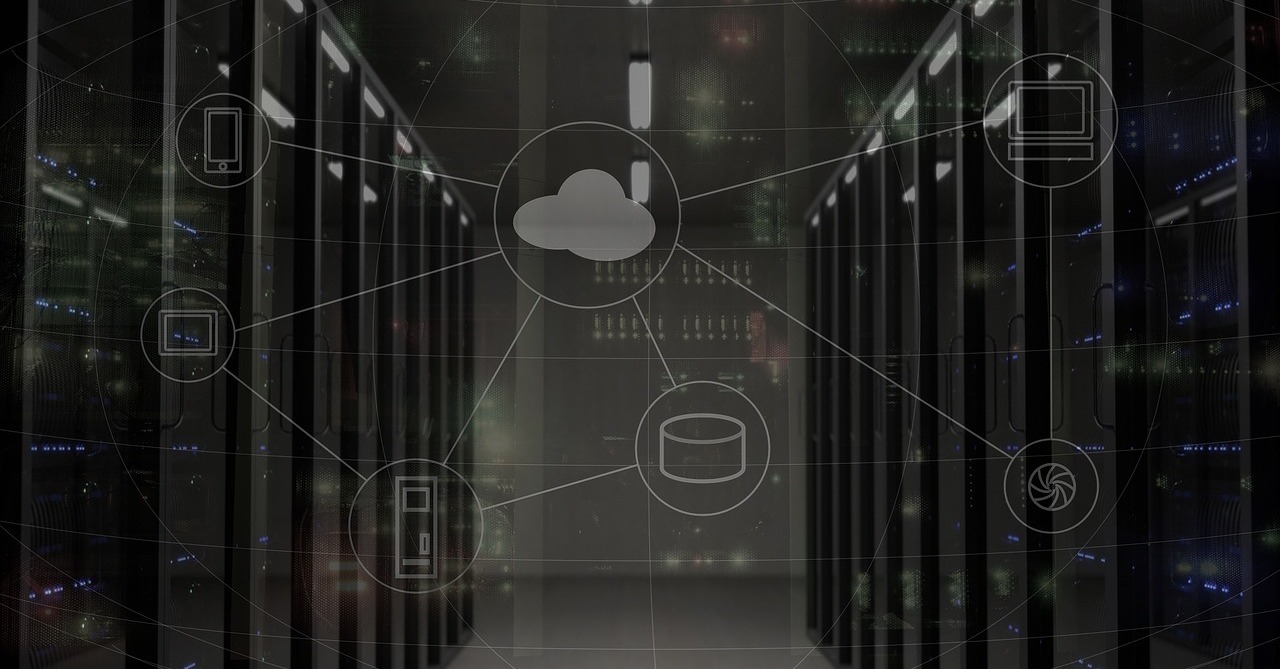
How Much Will You Earn With a Master's in Operations Research?
Operations research mines and interprets data to devise improvements in [...]

Unless you’re independently wealthy, affordability matters when you’re looking at master’s degree programs. Sure, student outcomes are essential, as is the career boost you can expect from having an advanced degree. Still, there’s something to be said for avoiding burdensome debt.
In some disciplines, you can actually get by without a master’s. Increasingly, though, data science isn’t one of them. A majority of data scientists hold advanced degrees in data analytics, data engineering, applied statistics, or business intelligence, which means competition for open data science jobs is fierce. With so many advanced-degree candidates to choose from, some HR screeners see no reason not to toss bachelor’s degree-only applications.
Intensive, on-campus Master of Science in Data Science programs at top computer science schools are one option. If you have the qualifications and the cash to enroll in one, you won’t regret your choice. If, however, your circumstances make studying on campus impossible and you don’t have $70,000 (or more) lying around to pay for one of the top data science master’s programs, you have quite a few online alternatives. Many cost less than $20,000 total. In them, you’ll learn everything you need to know to become a data scientist and work in cutting-edge disciplines like machine learning, data analysis, business data analytics, and cyber security—and in fields as varied as business, medicine, engineering, robotics, and public policy.
In this article about the most affordable online data science master’s programs, we cover the following:
Like their high-profile, high-price tag counterparts, affordable online data science master’s programs are designed to turn students into experts in data analytics, data engineering, applied statistics, quantitative analysis, and business intelligence. The curricula in these programs can include core classes like:
Additionally, the coursework requirements in most data science master’s programs, regardless of cost or format, includes some form of internship requirement and/or capstone project. Students benefit from one or more opportunities to flex their data science chops in real-world settings through these experiences. Many data science master’s programs require 30 to 36 credit hours, meaning they can be completed in one year.
Online courses in an affordable data science master’s program can absolutely give you the skills and knowledge you’ll need to become a data scientist. That’s not the only reason you might pursue this degree, however. Some people pursue master’s degrees because they’re looking for a particular post-graduation career support, or they want a chance to study under a specific notable professor, or they just want a famous name on their resumes. Whether it really matters where you get your data science master’s degree will depend on your motivations for pursuing a graduate degree and how motivated you are in general.
Pursuing an affordable online degree in data science is a smart way to switch careers or advance in an established career without racking up debt. However, the trade-off is that you’ll have to do some of the legwork on your own when it comes to building your professional network.
| University and Program Name | Learn More |
|
Boston College:
Master of Science in Applied Analytics
|
|
|
Merrimack College:
Master of Science in Data Science
|
Some of the most affordable online data science graduate programs can be found at:
The number of dedicated online Master of Science in Data Science programs has grown by leaps and bounds, but naming conventions still vary from school to school. Relevant degrees can include the:
Some colleges and universities (e.g., CUNY City College) have transformed their data analytics programs into full-blown data science programs. Others have separate data analytics degree programs and data science degree programs administered by each institution’s business school or engineering school, respectively. These programs usually cover substantially similar material and, at some schools, may be virtually indistinguishable. At others, data science is treated as a much more technical discipline.
When it comes to online master’s degree programs, affordable usually means less than $30,000. The schools above all charge less than $20,000 in total program tuition.
Some of the least expensive online master’s in data science programs are administered through the EdX platform. Georgia Institute of Technology and the University of Texas at Austin have both partnered with EdX to offer master’s degrees in data science for about $10,000, full stop. In-state students who choose the online data science master’s degree programs at Texas A & M University – Commerce, Western Governors University, or the University of West Florida pay a similar sum in total program tuition. However, be aware that this figure doesn’t include fees, the cost of books, and other expenses. The actual price tag of a degree from those schools will be higher.
Don’t be swayed by Quora and Reddit threads full of commenters claiming that it’s easy to launch a career in data science after completing a few MOOCs, playing around with data sets, and brushing up on Python. There are certifications and boot camps for data scientists that can undoubtedly help newly minted data scientists break into the field. Even so, they can’t replace the perceived value of a master’s degree.
“People can probably pick up all the skills necessary to be a data scientist without formal schooling,” according to data scientist Chris Luhrs, but “that doesn’t mean the path will be as easy as through a formal program, or that you’ll have an easy time getting your foot in the door without some degree showing that you can at least handle mathematical aspects of the job.”
Sources differ when it comes to exactly how many data scientists have advanced degrees, but agree that most currently employed data scientists have either a master’s degree or a PhD. Employers may not ask for these credentials in job listings, but you’ll still compete for open positions against people with those credentials. You won’t learn everything you need to know to become a data scientist in an online master’s degree program—which means those MOOCs have their place—but not having a master’s degree on your resume can make it difficult to land interviews.
You’ll most likely be able to advance farther, faster with a data science degree from colleges and universities higher up in the school rankings, like Carnegie Mellon University‘s School of Computer Science or New York University‘s Center for Data Science. That doesn’t mean you can’t launch a career with a master’s degree from an affordable program. Students in the best programs enjoy significant support in professional development, networking, and finding positions after graduation. You can access some of that same support on your own by connecting with a mentor in the data science space.
Keep in mind that merely graduating from a data science master’s program doesn’t set you up for life, no matter where you go to school (or what tuition rate you pay). Technology is always changing, and it’s changing fast. Data scientists never stop learning. With every new development in artificial intelligence and predictive analytics and every newly released data visualization tool and programming language, you’ll have new opportunities to pick up knowledge and skills that help you stand out from the crowd. At some point, where you went to school becomes less important than what you know and what you’ve done.
The short answer is work. Most data science professionals begin their careers in data analysis, software engineering, and data engineering. Though plenty jump right into data science after graduating from master’s programs, chances are that they had already racked up a fair bit of work experience in database management, business analytics, marketing analytics, or a related field before enrolling in those programs.
Your credentials can open doors, but experience is what leads to offers. Complete all the internships you can. Say yes to entry-level data science opportunities—especially those at smaller companies where you’ll end up doing a lot of hands-on work in different areas. Side projects can also help you advance more quickly in data science, whether they involve taking on freelance work or completing enriching personal projects.
Your aim should be to make your data science master’s degree and its pedigree the least interesting thing on your resume as quickly as possible. Eventually, it won’t matter where or how you earned your data science master’s. All that work you’re doing will pay off in other ways, too. “What will increase your market value dramatically is work experience,” says data scientist Håkon Hapnes Strand. “If you start working full-time as a data scientist, your value will probably increase by something like 20 to 30 percent every year for the first couple of years.”
Questions or feedback? Email editor@noodle.com

Operations research mines and interprets data to devise improvements in [...]

Experts predict healthcare employment will grow 13 percent from 2021 [...]

The clinical practicum is essential to every psychiatric mental health [...]

An information management master's covers a broad swath of the [...]
Categorized as: Data Science, Information Technology & Engineering